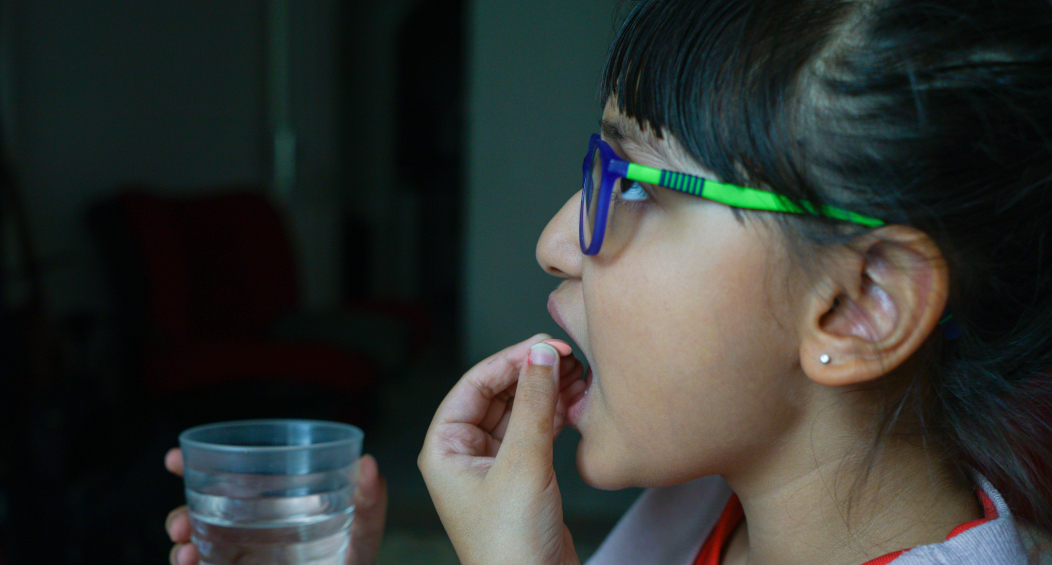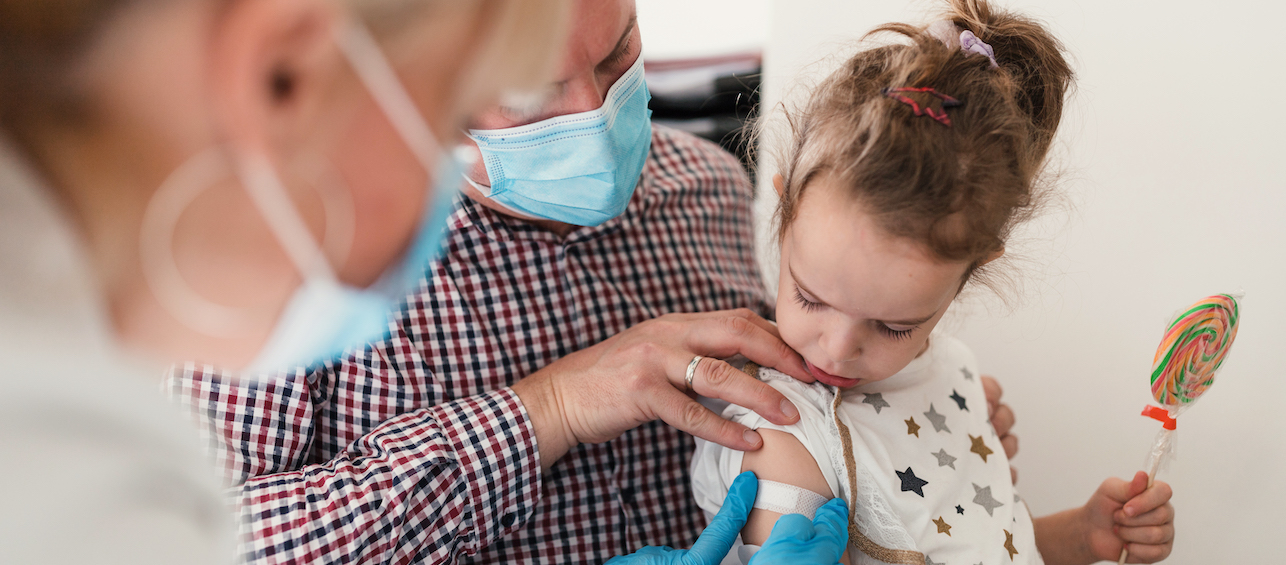To say that parents are stressed and overwhelmed right now is an understatement. There’s so much uncertainty. Many parents have lost their jobs or are facing the potential. Our social outlets have been reduced to online interactions. Those who are working from home are doing it while also trying to teach their children at the same time. And our front line workers have a whole other set of worries, including trying to prevent bringing the coronavirus into their homes.
Through my practice I’ve noticed that the bulk of my families were coping fairly well during the first few weeks of the stay-at-home orders, but are now understandably starting to struggle. Reality is setting in. This situation may be longer term than they originally thought. Will school even start back in the fall?
With all of these worries comes overwhelmed feelings. And sometimes when parents are overwhelmed, it’s difficult to control emotions and actions. For a small number of families, this has me worried about child abuse and maltreatment. Before the pandemic, rates of child abuse and neglect were estimated to be around 1 in 7 children, according to the Centers for Disease Control. It’s hard to know for sure whether or not these rates are currently increasing, but I have to imagine that they are.
Because even the most calm and collected parent can be feeling overwhelmed right now, I’d like to offer some ways in which we all can attempt to better control our emotions and actions. We recently shared how parents can teach their kids cognitive behavioral therapy coping tools in a previous blog post, to help them manage their mental health. However, these strategies are also applicable to adults! Here are some further suggestions to help:
What Parents Can Do When They’re Feeling Stressed and Overwhelmed
1. Identify what sets you off
Consider what behaviors or situations “push your buttons,” so that you can make a plan for what to do when it happens. Recognize what’s happening inside of you: rapid heartbeat, feeling sweaty, fast breathing, and muscle tension. Figure out which symptom typically comes first so that you can activate your plan sooner rather than later. Use a 1-10 scale. If you start your plan when you’re at a 5, rather than a 10, it is going to be a lot easier to calm down and make better choices.
2. Walk away
If you are feeling overwhelmed, walk away from that trigger. Take a break from whatever is setting you off. If you need to allow your child to have screen time so that you can have some space, then so be it.
3. Do something that calms you down
What calms you down may be different from someone else. Experiment with what that might be. Is it exercising? Deep breathing? Listening to music?
4. Call a friend or family member
Talk to someone who is reassuring to you. It may be calming to describe what’s bothering you and to get it off your chest. Having this type of support system is important during these challenging times.
5. Positive self-talk
Give yourself a pep talk. I’m a good parent and I’m doing the best that I can. Everyone is struggling right now. I’m not alone. I can get through this.
6. Spend quality time together
I realize it can be challenging to find extra time during the day, especially when parents are already feeling overwhelmed. However, if you’re able to carve out an extra 5-10 minutes each day to spend quality time with your children, it can make a huge difference in their behavior. They may be less attention-seeking, and therefore better behaved.
7. Consider professional help
If these strategies aren’t working, or if you are concerned about yourself or a loved one, please seek professional help:
-
- If you are currently employed, call your employee assistance program. They typically offer a few free therapy sessions.
- You can also call the United Way at 211 or check out their website for a list of agencies, as well as Joining Forces for Children.
- Our Division of Developmental and Behavioral Pediatrics is offering 45-minute virtual appointments for parents of kids with developmental disabilities who have concerns about their behaviors.
- Our Behavioral Medicine and Clinical Psychology division is offering video-based visits.





